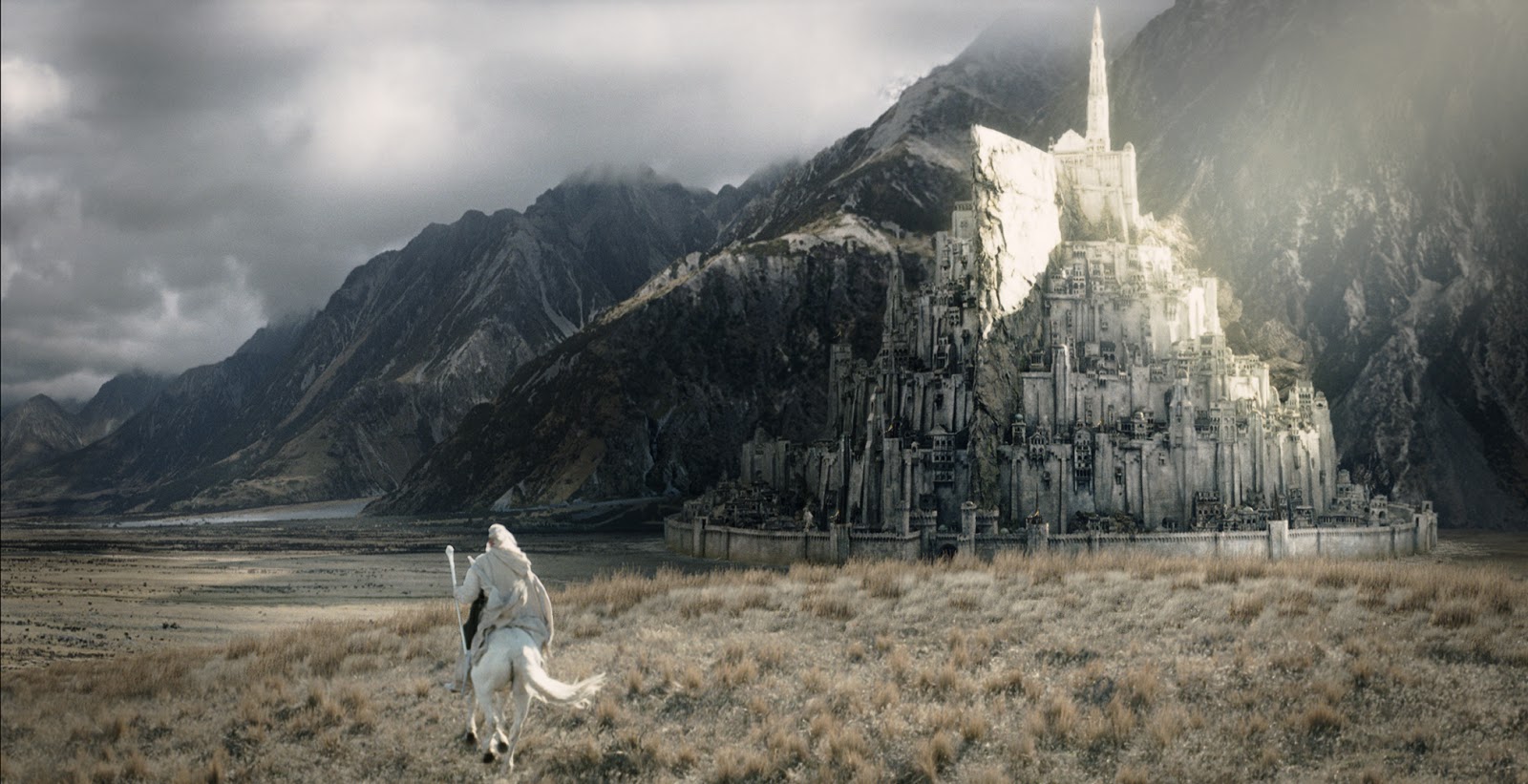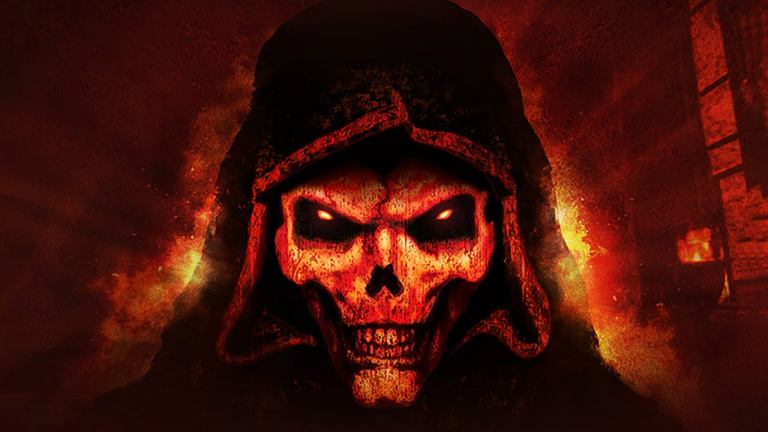Being a DM is hard. Players interact with the game world, and you create that world. Without you, there is no game. That’s a lot of pressure!
Prepping for a session can take a lot of out of you creatively, especially if you are already tired from work and life stuff. Sometimes you need a bit of DM inspiration. This article is a series of signposts for where to go when you’re running out of steam.
There is nothing new under the sun, and every story ever written owes something to the ones that came before it. If a story were truly original, it would probably seem wacky and incoherent to us: we would have no frames of reference to make sense of it. So: steal!
Films






Fantasy or not, here are some of my go-to films for inspiration. (Note: the 2000 Dungeons & Dragons film is not included.)
- J J Abrams (2009) Star Trek
- Tim Burton (1999) Sleepy Hollow
- John Carpenter (1982) The Thing
- Don Chaffey (1963) Jason and the Argonauts
- Francis Ford Coppola (1992) Bram Stoker’s Dracula
- Desmond Davis (1981) Clash of the Titans
- Jim Henson and Frank Oz (1982) The Dark Crystal
- Gordon Hessler (1973) The Golden Voyage of Sinbad
- Ron Howard (1988) Willow
- Peter Jackson (2001–2003) The Lord of the Rings
- Irvin Kershner (1980) The Empire Strikes Back
- Akira Kurosawa (1954) Seven Samurai
- Ang Lee (2000) Crouching Tiger, Hidden Dragon
- George Miller (2015) Mad Max: Fury Road
- Stephen Norrington (1998) Blade
- Kevin Reynolds (1991) Robin Hood: Prince of Thieves
- Ridley Scott (1982) Blade Runner
- Steven Sommers (1999) The Mummy
- Steven Spielberg (1981) Raiders of the Lost Ark
- Gore Verbinski (2003) Pirates of the Caribbean: The Curse of the Black Pearl
- Sam Wanamaker (1977) Sinbad and the Eye of the Tiger
TV series





A shorter list for some reason, but all highly recommended:
- Steve Barron (1998) Merlin
- Benioff and Weiss (2011–2019) Game of Thrones
- The Duffer Brothers (2016–) Stranger Things
- Warren Ellis (2017–) Castlevania
- Gene Roddenberry (1987–1994) Star Trek: The Next Generation
Video games





For many D&D players, this may be our number one source of inspiration for D&D. So, what would I recommend? (Follow the links for articles by me about using these games in D&D.)
- Baldur’s Gate (1998)
- The Borderlands series (2009–)
- Darkest Dungeon (2016)
- Diablo II (2000)
- The Elder Scrolls series, including Morrowind (2002), Oblivion (2006),and Skyrim (2011)
- Far Cry 3 (2012)
- Final Fantasy VII (1997)
- Grim Fandango (1998)
- Might and Magic VI: The Mandate of Heaven (1998)
- Neverwinter Nights (2002)
- Pillars of Eternity (2015)
- Shadow of the Colossus (2006)
- Shadow of the Tomb Raider (2018)
- The Last of Us (2013)
- The Witcher 3: Wild Hunt (2015)
(I’m conscious there are probably lots of gaps here. Feel free to suggest others in the comments!)
Books






Did you know that there is a reading list at the back of the 5th edition Player’s Handbook, and another in the Dungeon Master’s Guide?
Anyway, shameful admission: I don’t read much fantasy. This may be controversial, but a lot of the ‘genre fiction’ I’ve read just wasn’t very good, and some of the fantasy novels I enjoyed in my early teens make me cringe when I reread them now (eg, Terry Brooks, David Eddings).
First, fiction. The list that follows is a fairly eclectic collection of literature which continues to inspire me in my games, even if some of it is not really ‘fantasy’ at all.
- Beowulf (I love the 1999 Heaney translation)
- Emily Brontë (1847) Wuthering Heights
- Raymond Chandler (1939) The Big Sleep
- Thomas Malory (1485) Le Morte d’Arthur
- Edgar Allan Poe: ‘The Fall of the House of Usher’ (1839), ‘The Tell-Tale Heart’ (1843)
- Terry Pratchett (1983–2015) the Discworld series
- J K Rowling (1997–2007) the Harry Potter series
- William Shakespeare: Henry V (1599), Macbeth (1606), The Tempest (1610)
- Mary Shelley (1818) Frankenstein
- Bram Stoker (1897) Dracula
- J R R Tolkien: The Hobbit (1937), The Lord of the Rings (1954–1955), and Tales from the Perilous Realm (1997)
- H G Wells (1895) The Time Machine
- John Wyndham (1955) The Chrysalids and (1951) The Day of the Triffids
And a selection of non-fiction. While I’ve only picked out one or two books for each author, everything they write is worth reading.
- James D’Amato (2019) The Ultimate RPG Gameplay Guide
- Keith Ammann (2020) Live to Tell the Tale
- Matt Colville (2018) Strongholds and Followers
- David M Ewalt (2013) Of Dice and Men
- Robin D Laws: Hamlet’s Hit Points (2010) and Robin’s Laws of Good Game Mastering (2002)
- Sean K Reynolds (2017) Kobold Guide to Gamemastering
- Sean K Reynolds and Shanna Germain (2019) Consent in Gaming
- Michael Shea (2018) Return of the Lazy Dungeon Master
- Blake Snyder (2005) Save the Cat!
Websites





I’m always on the lookout for great new D&D blogs, so if there are any I have missed from here inadvertently, let me know! (Have I mentioned you can also subscribe to Scroll for Initiative here?)
- The Alexandrian
- The Angry GM
- Azgaar’s Fantasy Map Generator
- D&D Beyond
- DM Dave
- Donjon
- Dump Stat Adventures
- Dungeon Masters Guild
- Dyson’s Dodecahedron
- Gnome Stew
- Kobold Fight Club
- Merric’s Musings
- Mike Schley prints and downloads
- The Monsters Know What They’re Doing
- Power Score RPG
- RPG Bot
- Sly Flourish
- ThinkDM
- TV Tropes
Using these lists
I hope you enjoy going through these lists for your own D&D inspiration. In closing, here’s my guide to stealing:
- Steal characters. There’s nothing wrong with lifting a character and adding them to your game somehow! You can always change the gender or ancestry to make them less obvious. (And you would be in good company doing so. Indiana Jones was greatly inspired by James Bond, and Uncharted’s Nathan Drake is clearly modelled on Tomb Raider’s Lara Croft.)
- Steal plots. Strip the story back to its bare bones and use it as a skeleton for your own advetures. Again, no shame in this. Star Wars is clearly inspired by The Hidden Fortress, and The Magnificent Seven is a Western retelling of Seven Samurai.
- Steal settings. If you love Hogwarts or King’s Landing or Gondor, no one’s going to come running after you if you adapt it into your games.
- Mash ups. Star Wars is basically World War II in space with samurai. Borderlands is kind of like a mash-up of Diablo, Halo, and Mad Max. Pick three elements and smash them together to see what happens.
To subscribe, click here. You can unsubscribe any time. You can find me on Facebook at scrollforinitiative, Twitter at scrollforinit, and Instagram at scrollforinitiative. And if you like what I do, you can buy me a coffee here.
